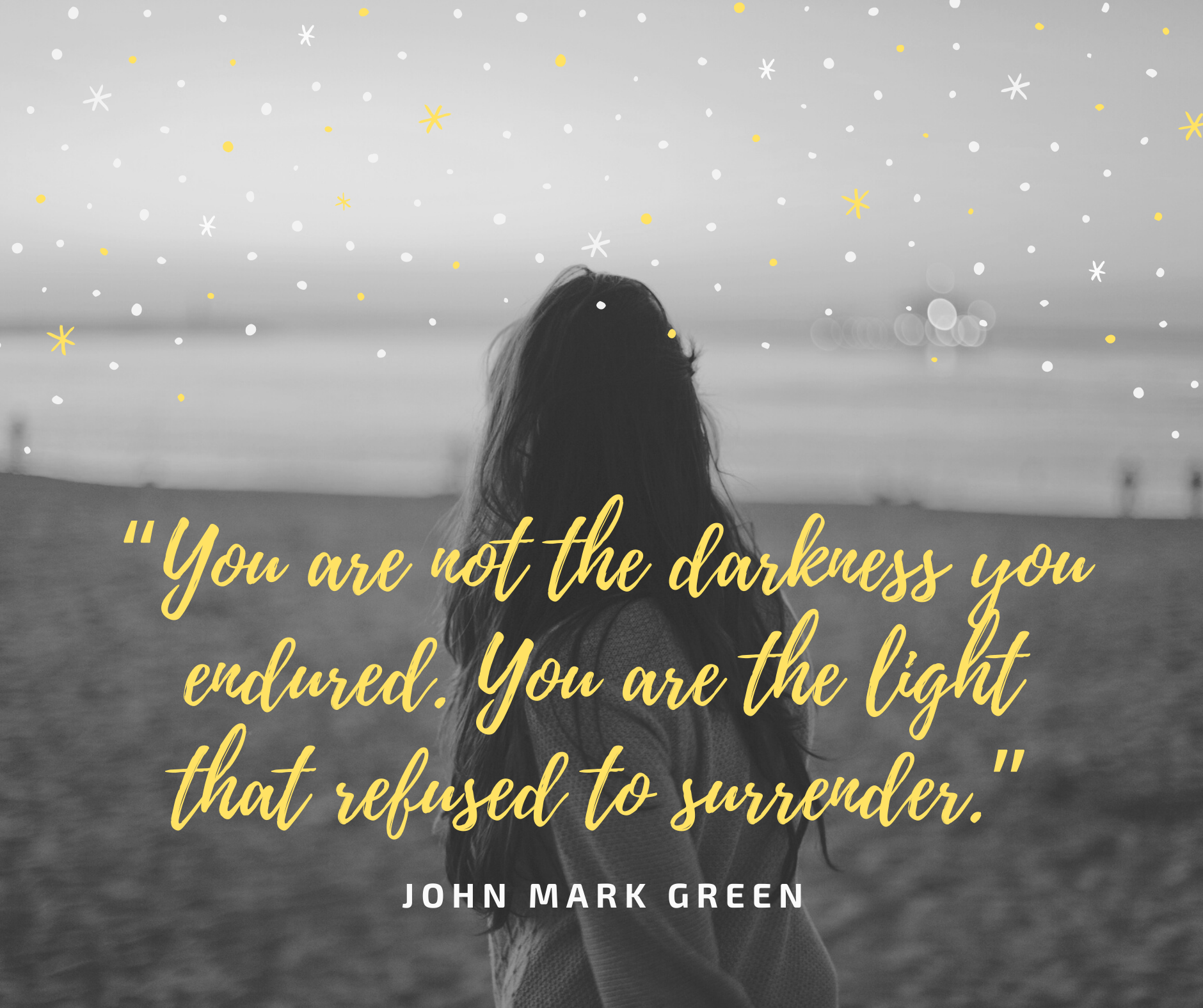What is Domestic Violence?
Most people are familiar with the term ‘domestic violence’. When people hear the words ‘domestic violence’, it typically raises thoughts of bruises, broken bones, and other physical injuries. The reality is that domestic violence doesn’t always result in signs of physical abuse. It may not even include the perpetrator raising his or her voice.
People are just beginning to understand that not all domestic violence is suffered by women, nor is it just a problem reserved for low-income families.
Non-physical domestic violence absolutely exists in the community. The injuries sustained are psychological rather than physical (although long-term family violence suffered by victims can undoubtedly manifest in physical responses).
While physical injuries may be easier to see, victims of non-physical domestic violence may also feel frightened, diminished, and hopeless. With assistance, some domestic violence survivors can find the courage to initiate separation and end the cycle of domestic violence.
What Constitutes Domestic Violence?
The Domestic and Family Violence Protection Act 2012 states that domestic violence is where one person who is in a relevant domestic relationship behaves in a way against the other, which is considered abusive. Abusive behaviour can be in the form of physical abuse, verbal, psychological, sexual or financial abuse. It is behaviour used to dominate and control a person by causing them to fear for their (or another person’s) safety and wellbeing.
What Are The Different Types Of Abuse?
Physical abuse– this includes directly assaulting the person, such as punching, kicking or shoving them. Physical abuse can also involve hurting or damaging someone’s property, as well as locking someone in a room.
Verbal abuse – is yelling, swearing or name-calling. It also involves verbally bullying someone and constantly criticising them.
Psychological abuse – this is manipulative or coercive behaviour, making threats and creating fear. Psychological abuse includes stalking or blackmailing someone. An example of psychological abuse is someone threatening to kill themselves if their partner leaves them or preventing someone from contacting their friends.
Sexual abuse – this includes any form of unconsented sex or sexual assault. Sexual abuse also includes reproductive control, such as preventing someone from using contraception.
Financial abuse – is depriving someone of accessing their money, misusing property or denying someone access to their bank accounts. Financial abuse also includes preventing someone from having a job and working.
Domestic violence can occur in any relevant domestic relationship; this includes intimate relationships (i.e. de facto, married etc.), family relationships (i.e. siblings, parents etc.) or informal care relationships (i.e. where one person relies on another for day-to-day assistance).
It is crucial that if you feel unsafe or you are experiencing domestic violence, you reach out for assistance from a professional, family or friend you trust, or someone you trust in the community. If you are in immediate danger, call 000.
If you would like to know more about domestic violence, you can contact Grace Family + Collaborative Law on 1300 414 855 to speak to an experienced family law solicitor.
DV Connect
Womensline
24 hours, 7 days
Mensline
9am – midnight, 7 days
Sexual Assault Helpline
7.30am – 11.30pm, 7 days
1800RESPECT
24 hours, 7 days

